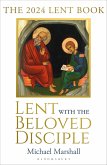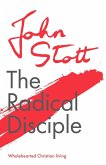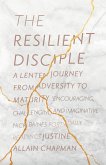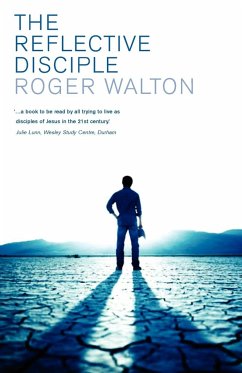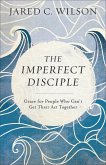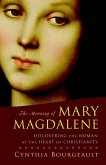A one man play which tells the story of the life of Christ through the eyes of one of his disciples. A Galilean businessman meets a new and inspirational teacher in the area and becomes one of his followers. Through this play he shares his experiences as he witnesses some amazing miracles: people cured, water turned into wine, multitudes fed, storms calmed. We learn something of the camaraderie between the disciples as well as the occasional friction between them. We also develop a sense of the growing opposition to the group and their message, an opposition that will eventually lead to tragedy and loss. As our disciple struggles to understand the real meaning of the teaching and ministry of his master how will he react? Will he return to his old lifestyle, inspired but not completely changed by events he has experienced or will he indeed be able to 'drink from the same cup' as his master?
Hinweis: Dieser Artikel kann nur an eine deutsche Lieferadresse ausgeliefert werden.
Hinweis: Dieser Artikel kann nur an eine deutsche Lieferadresse ausgeliefert werden.


